Arrhythmias are like a dance party in our hearts, but sometimes, the beats don’t follow the usual rhythm. In simple terms, an arrhythmia happens when the heart doesn’t beat the way it should. Picture your heart as the drummer of a band, setting the rhythm for the whole body. When an arrhythmia occurs, it’s like the drummer getting a bit offbeat. The heart might beat too fast, too slow, or in an irregular pattern, and this can make it feel like it’s doing a dance it wasn’t rehearsed for. Sometimes, the heart’s internal drummer is overactive, speeding up the beats, while other times, it takes a little break, slowing down the rhythm. Arrhythmias are not dangerous dance moves, but understanding them helps us appreciate the amazing orchestra happening inside our chests.
Causes of Arrhythmias
Arrhythmias are like a musical performance in our hearts, but sometimes, the orchestra hits a few wrong notes. Let’s explore the causes of these heart rhythm hiccups in a way that’s easy for a sixth-grader to understand.
Understanding the Causes of Arrhythmias
- Electrical Misfires – The Orchestra’s Oops Moment: Think of the heart as a musical conductor, directing the beats. Sometimes, electrical signals in the heart misfire, like when a conductor’s baton slips. This miscommunication can cause the heart to beat too fast, too slow, or irregularly, leading to an arrhythmia.
- Heart Damage – The Unwanted Guest: Just as a storm can damage a playground, certain things can harm our hearts. Conditions like heart attacks or infections can damage the heart’s natural rhythm. It’s like the storm causing chaos on the playground, making it difficult for the heart to maintain its steady beat.
- Aging – The Slow Dance of Time: As we grow older, our bodies change, and so does our heart. Aging can affect the heart’s electrical system, causing it to slow down or become less coordinated. It’s like the heart adapting to a new dance style as it gets older.
- Genetic Factors – The Family Connection: Sometimes, the rhythm runs in the family. If our parents or grandparents had arrhythmias, it increases the chances of us having them too. It’s like inheriting a musical talent – the family connection to arrhythmias can be passed down through our genes.
Read.. What is Aortic Stenosis? Causes, Symptoms & Treatment
How Can We Help?
Understanding the causes of arrhythmias is like solving a mystery, and here’s how we can play detective:
- Healthy Habits – Keeping the Orchestra in Tune: Just as practicing instruments keeps a band in harmony, maintaining a healthy lifestyle helps our hearts stay in tune. Eating well, staying active, and avoiding harmful substances can prevent heart damage and keep the rhythm steady.
- Regular Check-ups – Tuning the Instruments: Like a musician tunes their instruments, regular check-ups with doctors can help keep our hearts in check. They can catch potential issues early on and make sure our heart’s orchestra continues to play smoothly.
- Awareness – Listening to the Heart’s Beat: Being aware of our body is like listening to the rhythm of our heart. If something feels off, it’s essential to share it with a grown-up. They can help figure out if it’s just a small hiccup or if there’s a need for further investigation.
Symptoms of Arrhythmias
Arrhythmias are like a silent melody in our hearts, sometimes playing a tune that feels a bit off. Let’s uncover the signs and symptoms of these heart rhythm quirks in a way that a sixth-grader can easily understand.
Read.. What is Coronary Artery Disease? Check Causes, Symptoms and Treatment
Recognizing the Symptoms of Arrhythmias
- The Fluttering Sensation – A Heart’s Whimsical Dance: Imagine feeling a butterfly fluttering in your chest. That’s how some people describe the sensation when their heart is dancing to its own beat. It’s like the heart is doing a whimsical dance, and this feeling might come and go.
- Skipping Beats – A Musical Pause: Sometimes, it feels like our heart takes a brief pause, like when music skips on a player. This sensation of skipping beats is a common symptom of arrhythmias. It’s like the heart is taking an unplanned musical break.
- Racing Heart – The Fast-Forward Button: Have you ever run so fast that your heart felt like it was racing? For some people with arrhythmias, their heart can speed up suddenly, as if someone pressed the fast-forward button. This can happen even when they’re not running around.
- Feeling Dizzy – A Spinning Playground: Picture yourself spinning around on a playground. Now, imagine feeling dizzy without the fun spin. Arrhythmias can sometimes make us feel lightheaded or dizzy, like the world is spinning around us.
- Shortness of Breath – Catching Air: Sometimes, it might feel like you can’t catch your breath after running. Similarly, arrhythmias can cause shortness of breath, making it feel like you’ve run a marathon, even if you’ve just been sitting.
How Can We Listen to Our Heart?
Understanding the symptoms of arrhythmias is like learning to recognize different tunes. Here’s how we can be heart listeners:
- Tell a Grown-Up – Sharing the Heart’s Story: If you ever feel these sensations, it’s essential to tell a grown-up. They can help figure out if it’s just a temporary beat or if there’s a need to visit the doctor. Sharing the heart’s story is like creating a musical note for the doctors to understand.
- Stay Calm – The Heart’s Calming Lullaby: Sometimes, taking a few deep breaths can help calm the heart down. It’s like singing a lullaby to the heart, telling it to slow down and find its steady rhythm.
- Regular Heart Check-ups – Tuning the Melody: Just as we tune musical instruments regularly, visiting the doctor for heart check-ups helps keep the melody of our hearts in harmony. They can listen to our heart’s song and ensure it’s playing the right notes.
In conclusion, recognizing the symptoms of arrhythmias is like learning the language of our heart’s melody. By being aware, sharing our feelings, and getting regular check-ups, we can ensure that our heart continues to play its beautiful song for a lifetime.
Treatment of Arrhythmias
Arrhythmias might sound like a musical hiccup in our hearts, but there are ways to help them find the right beat. Let’s explore the treatment options in a way that’s easy for a sixth-grader to understand.
Ways to Treat Arrhythmias
- Medicines – The Heart’s Healing Tunes: Imagine your heart as a music player, and sometimes it needs a little adjustment. Doctors might prescribe medicines to help regulate the heart’s rhythm. These medicines are like magic potions that help the heart find its steady beat, keeping the music flowing smoothly.
- Cardioversion – The Heart’s Reset Button: Just like rebooting a computer, doctors can use a technique called cardioversion to reset the heart’s rhythm. It’s like pressing a reset button on a device to make it work correctly. This procedure can bring the heart back to its normal beat.
- Catheter Ablation – The Heart’s GPS: Think of a catheter as a tiny GPS device for the heart. During catheter ablation, doctors use this special tool to fix the areas causing the irregular beats. It’s like guiding the heart back on the right path, helping it follow the correct rhythm.
- Pacemaker – The Heart’s Conductor: Sometimes, the heart needs a conductor to lead the orchestra. A pacemaker is like a tiny conductor that helps the heart maintain a regular rhythm. It sends electrical signals to keep the beats in harmony, ensuring the heart follows the right musical notes.
How Can We Help?
Understanding the treatment for arrhythmias is like knowing the tools in a repair kit. Here’s how we can be a part of the solution:
- Support: Just as friends support each other, people with arrhythmias need our understanding. Encouraging them to take their medicines and follow their doctor’s advice is like being a good friend to their hearts.
- Healthy Lifestyle: Eating well and staying active is not just fun; it’s like giving our hearts a daily dose of happiness. By making healthy choices, we help our hearts stay strong and less likely to waltz into irregular rhythms.
- Regular Check-ups – Keeping the Heart in Tune: Imagine if your favorite band never tuned their instruments – the music wouldn’t sound right. Regular check-ups with doctors are like tuning sessions for our hearts. They can catch any potential issues early and ensure our hearts play the right notes


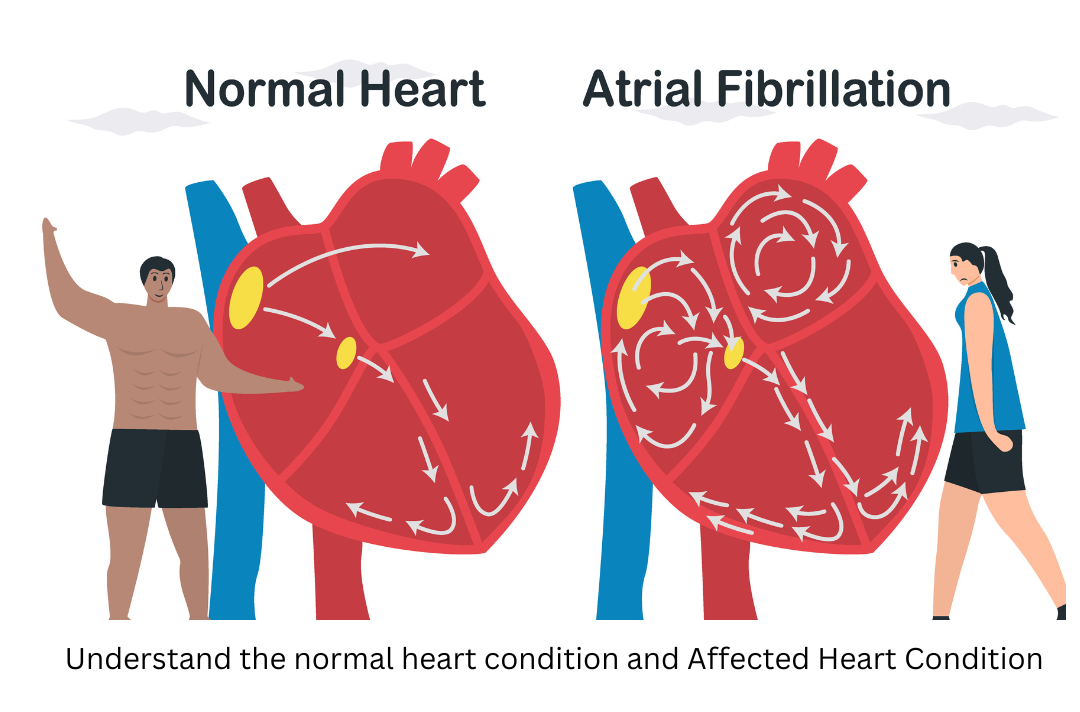

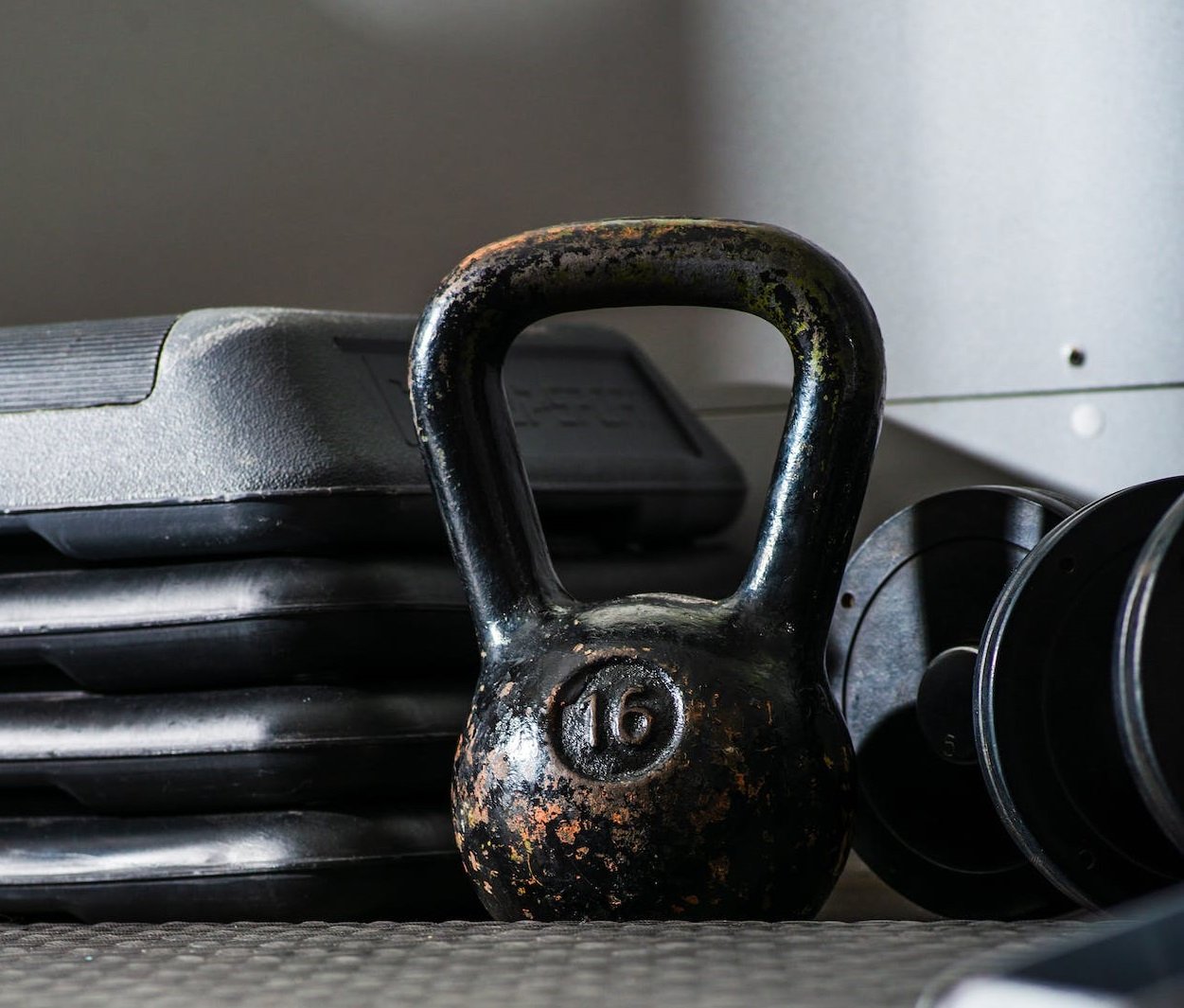


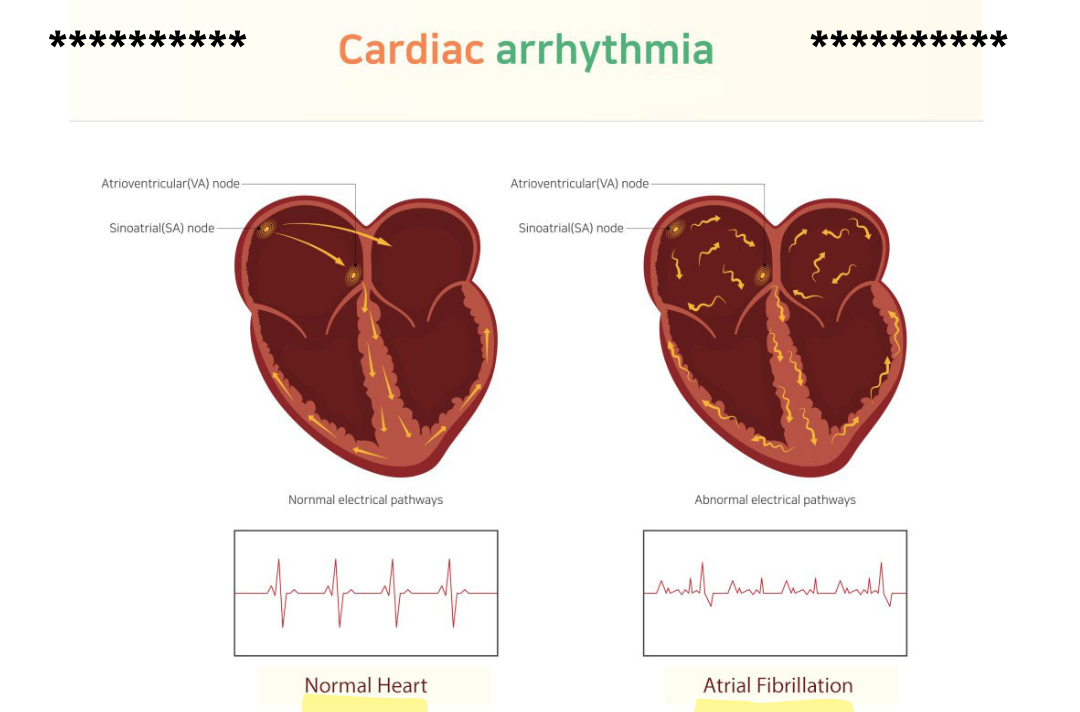

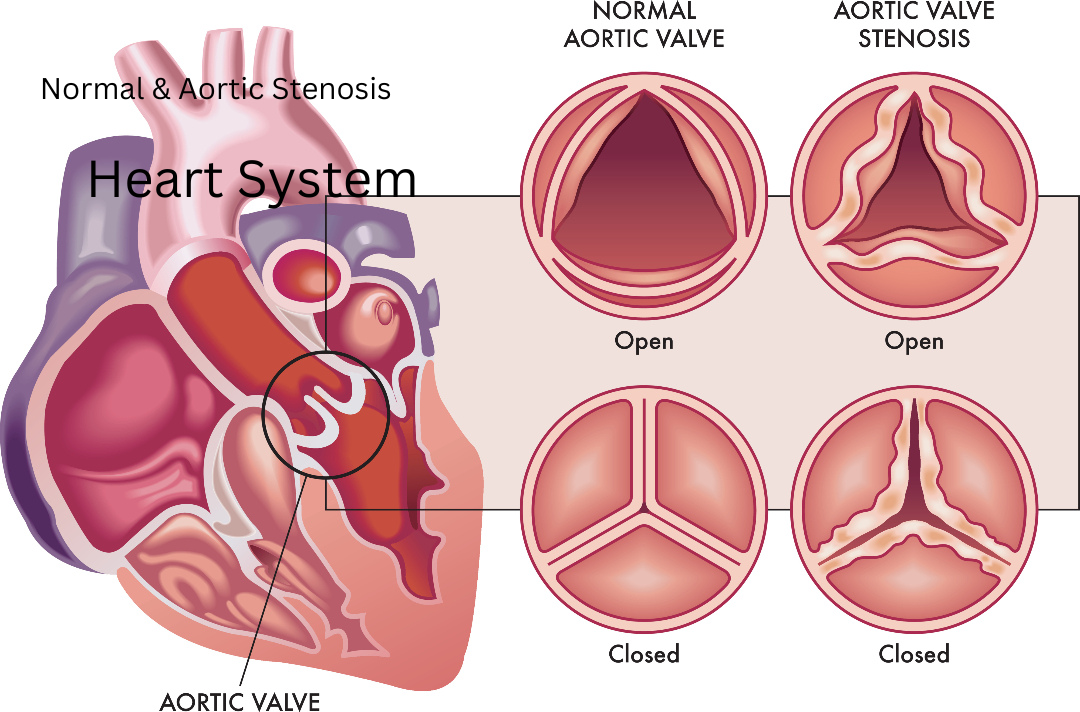
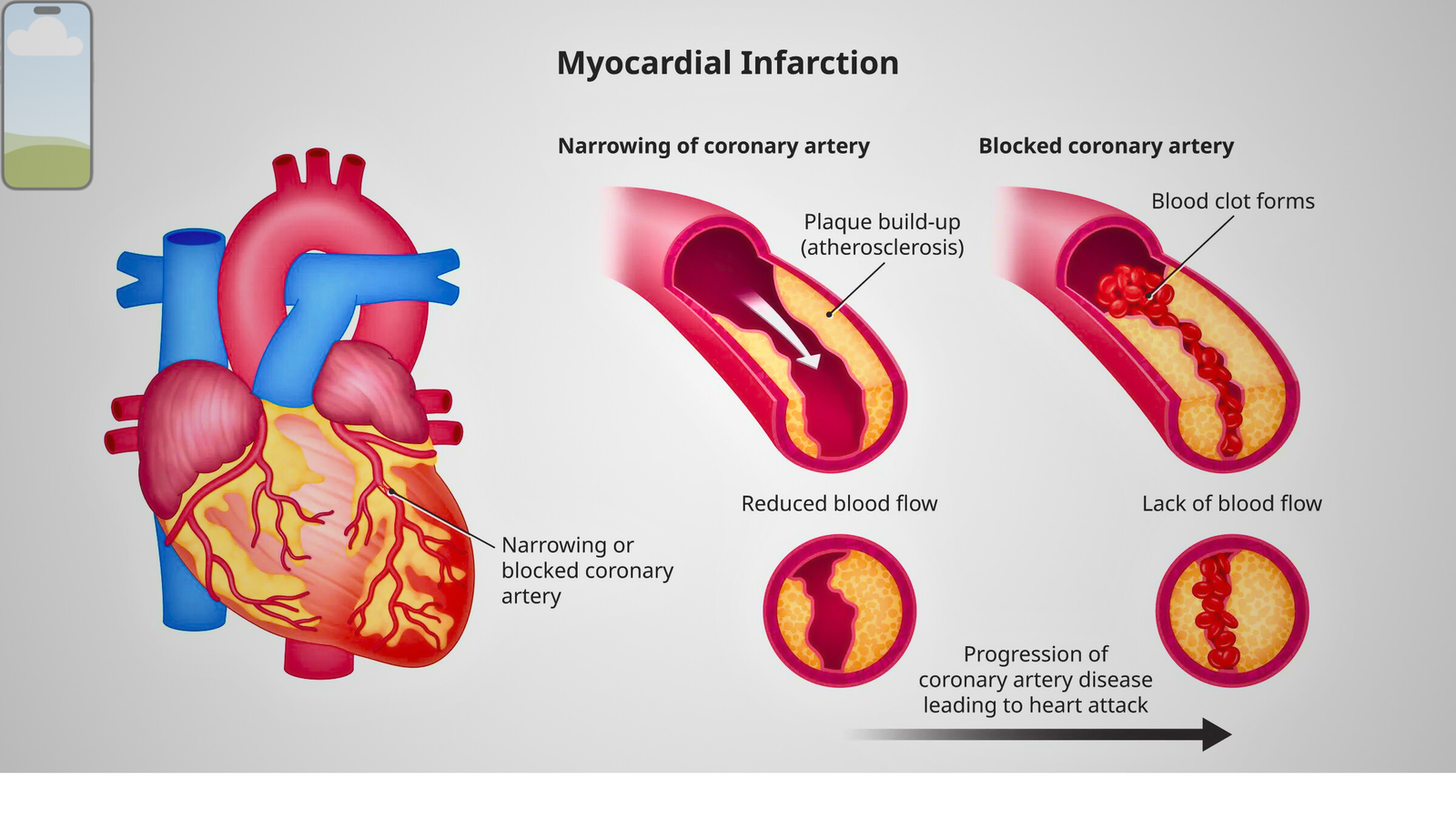
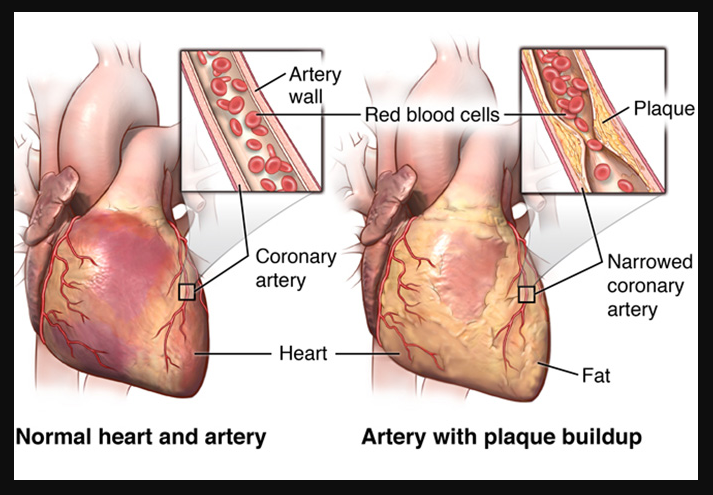
Hi i think that i saw you visited my web site thus i came to Return the favore Im attempting to find things to enhance my siteI suppose its ok to use a few of your ideas
Thank you I have just been searching for information approximately this topic for a while and yours is the best I have found out so far However what in regards to the bottom line Are you certain concerning the supply
Wow wonderful blog layout How long have you been blogging for you make blogging look easy The overall look of your site is great as well as the content
My brother suggested I might like this blog He was totally right This post actually made my day You can not imagine simply how much time I had spent for this info Thanks
helloI really like your writing so a lot share we keep up a correspondence extra approximately your post on AOL I need an expert in this house to unravel my problem May be that is you Taking a look ahead to see you
Hi i think that i saw you visited my web site thus i came to Return the favore Im attempting to find things to enhance my siteI suppose its ok to use a few of your ideas
I have read some excellent stuff here Definitely value bookmarking for revisiting I wonder how much effort you put to make the sort of excellent informative website
Simply desire to say your article is as surprising The clearness in your post is simply excellent and i could assume you are an expert on this subject Fine with your permission let me to grab your feed to keep up to date with forthcoming post Thanks a million and please carry on the gratifying work
Hi Neat post There is a problem along with your website in internet explorer would test this IE still is the market chief and a good section of other folks will pass over your magnificent writing due to this problem
I just could not depart your web site prior to suggesting that I really loved the usual info an individual supply in your visitors Is gonna be back regularly to check up on new posts
Hi my family member I want to say that this post is awesome nice written and come with approximately all significant infos I would like to peer extra posts like this
Thanks I have just been looking for information about this subject for a long time and yours is the best Ive discovered till now However what in regards to the bottom line Are you certain in regards to the supply
Somebody essentially lend a hand to make significantly posts I might state That is the very first time I frequented your web page and up to now I surprised with the research you made to create this particular put up amazing Excellent job
Hi Neat post Theres an issue together with your web site in internet explorer may test this IE still is the marketplace chief and a good component of people will pass over your fantastic writing due to this problem
What i do not understood is in truth how you are not actually a lot more smartlyliked than you may be now You are very intelligent You realize therefore significantly in the case of this topic produced me individually imagine it from numerous numerous angles Its like men and women dont seem to be fascinated until it is one thing to do with Woman gaga Your own stuffs nice All the time care for it up
Fantastic site Lots of helpful information here I am sending it to some friends ans additionally sharing in delicious And of course thanks for your effort
helloI really like your writing so a lot share we keep up a correspondence extra approximately your post on AOL I need an expert in this house to unravel my problem May be that is you Taking a look ahead to see you
I don’t think the title of your article matches the content lol. Just kidding, mainly because I had some doubts after reading the article.
Wow superb blog layout How long have you been blogging for you make blogging look easy The overall look of your site is magnificent as well as the content
Thanks for sharing. I read many of your blog posts, cool, your blog is very good.
Hi i think that i saw you visited my web site thus i came to Return the favore I am attempting to find things to improve my web siteI suppose its ok to use some of your ideas
Somebody essentially lend a hand to make significantly articles Id state That is the very first time I frequented your website page and up to now I surprised with the research you made to make this actual submit amazing Wonderful task